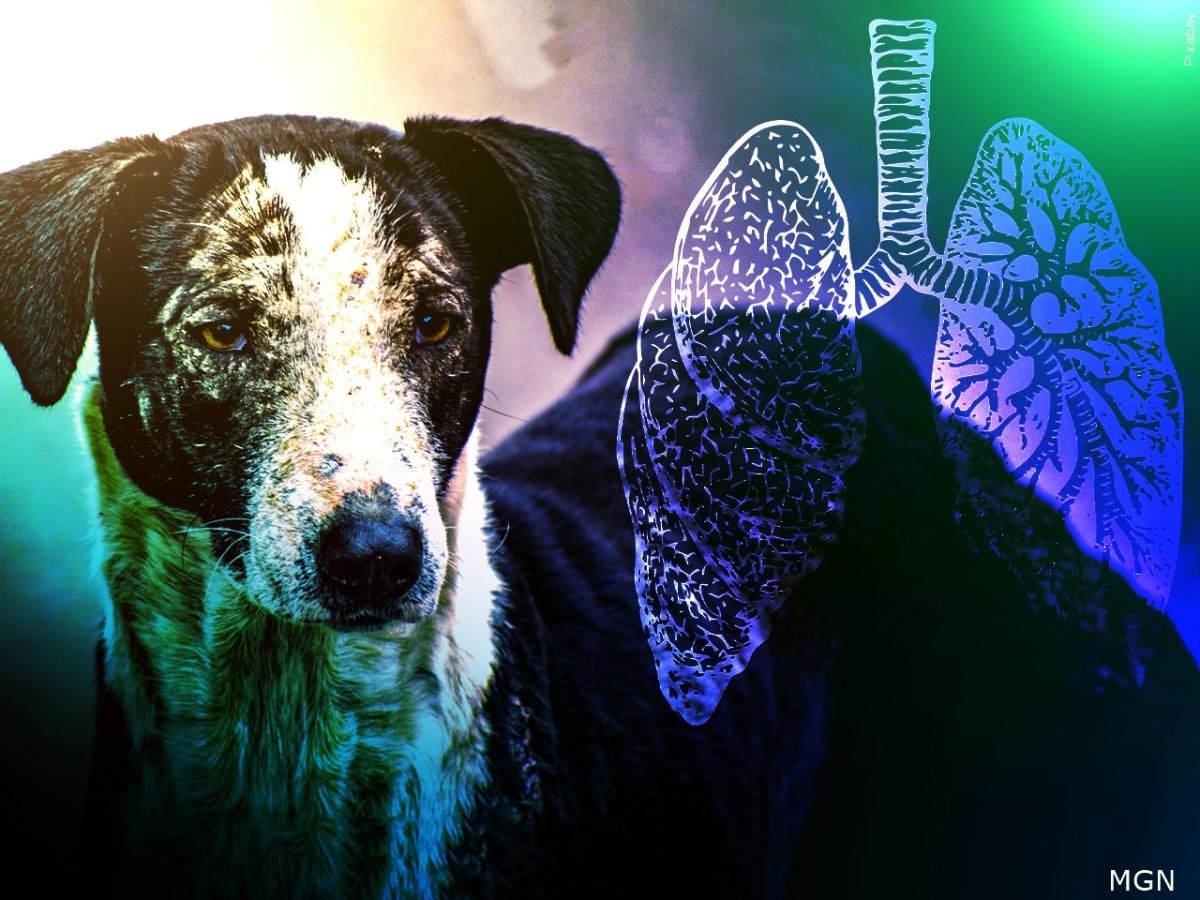A highly contagious respiratory illness has taken hold among dogs across the United States, affecting hundreds of canines in as many as 16 states since August.
The illness, which has claimed the lives of some dogs, exhibits symptoms similar to canine infectious respiratory disease complex, commonly known as “kennel cough.”
“The symptoms do not go away with kennel cough treatments,” said Dr. Jason Stull, an assistant professor of veterinary preventive medicine at The Ohio State University.
The disease, marked by its persistence and resistance to conventional treatments, primarily targets the breathing passages and lungs of infected dogs.
Despite its severity, researchers reassure pet owners that humans and other pets are not at risk of contracting the illness. The cause of this mysterious illness remains unknown, but researchers in New Hampshire have identified a potential pathogen that may be responsible for the outbreak.
Genetic sequencing of samples from 70 affected dogs at New Hampshire’s diagnosis laboratory revealed the presence of a pathogenic organism.
Symptoms of the illness include nasal or eye discharge, fever, difficulty breathing, wheezing, chronic and acute pneumonia, inflammation of the trachea, tracheobronchitis, weight loss, loss of appetite and dehydration. The pathogen discovered in genetic sequences raises questions about whether it is the actual cause of the disease.
“The pathogen is hypothesized to be a very small bacterium, so it could be carried deep into the lungs, evade the immune system and lead to pneumonia,” said Leeann Kelley, a biology professor at GC. “Pneumonia, characterized by inflammation around the air sacs in the lungs, poses a significant threat, particularly to the very young and older populations.”
The illness has been reported in Florida, Georgia, Indiana, Maryland, Massachusetts, New Hampshire, Vermont, Washington and other states. It spreads through close contact and inhaling the same air as an infected animal. Pet owners are advised to avoid boarding their dogs in areas with a large population, ensure their dogs are fully vaccinated and monitor them for signs of infection.
The Colorado State University veterinary school has seen a 50% increase in dogs contracting pneumonia in 2023 compared to the infection rate from August to November 2022. Similarly, the Oregon Department of Agriculture, or ODA, has been notified of over 200 cases from veterinarians since the middle of August.
Heart of Georgia Animal Care, a veterinary clinic located in Milledgeville, Georgia, stated that they have not seen any cases of the illness yet but that they are making sure their patients stay up to date on vaccinations to keep their immune systems as healthy as possible.
“Some seem to even question if it is something new since there isn’t as much tracking with canine respiratory illnesses as there would be with human ones through hospital records and public health departments,” said Kasey Karen, a biology professor at GC who specializes in virology. “It’s not even known if it’s bacterial or viral [or maybe even something else].”
As the holiday season approaches, veterinarians urge pet owners to exercise caution but avoid panic. Dogs at higher risk include the young, old and brachycephalic breeds, such as French Bulldogs. Ensuring dogs are up to date on vaccinations, considering private sitters instead of boarding with larger groups and avoiding taking them to crowded areas can contribute to their safety.


